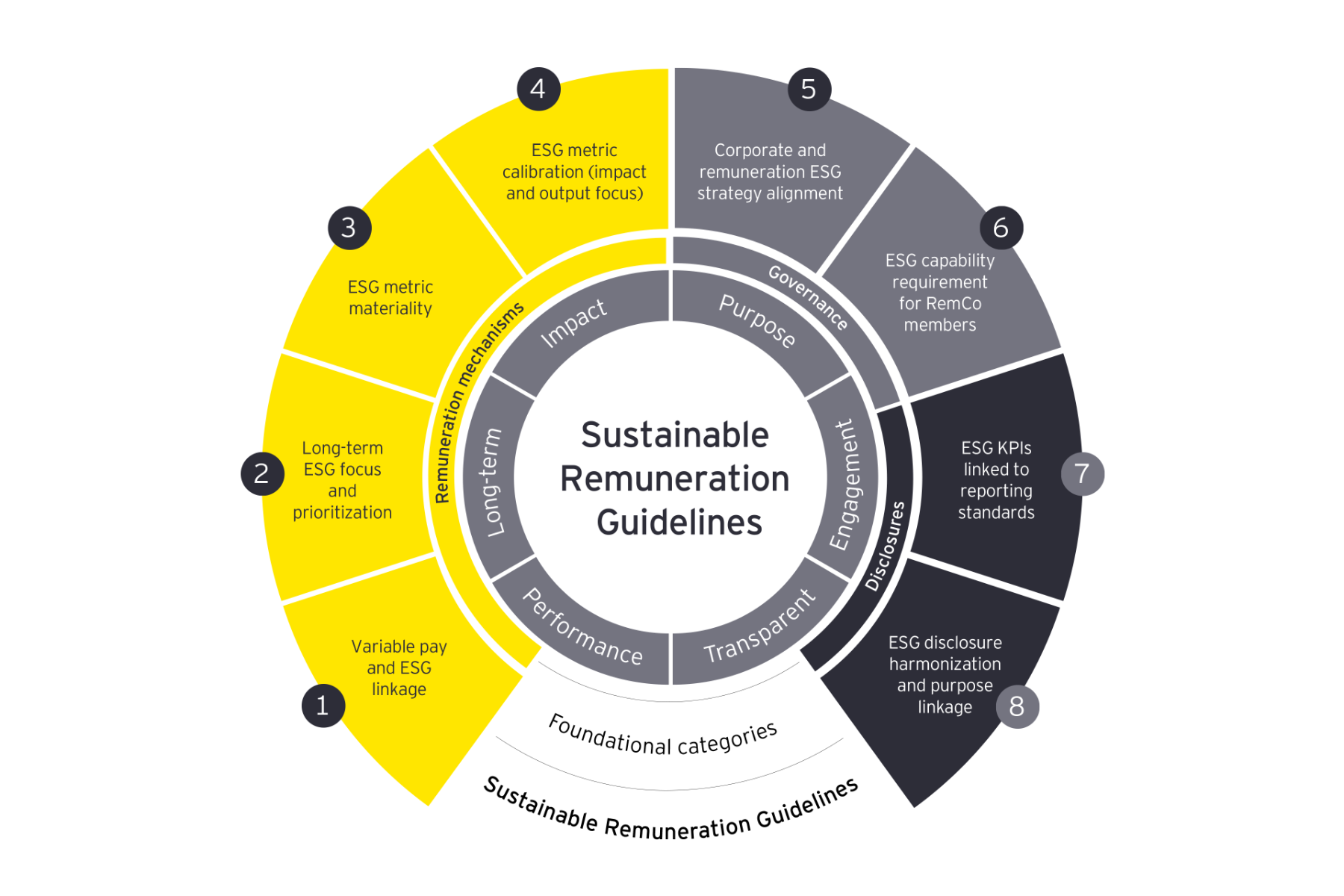EY refers to the global organisation, and may refer to one or more, of the member firms of Ernst & Young Global Limited, each of which is a separate legal entity. Ernst & Young Global Limited, a UK company limited by guarantee, does not provide services to clients.
How EY can help
-
The Sustainability Disclosure Hub is designed to help businesses navigate the imminent ISSB disclosure requirements and transition to the next era of reporting.
Read more -
Discover EY's insights, people & services on sustainability in financial services and learn how they help your organization transition to a more sustainable future.
Read more
Sustainability is an emerging battleground for growth and competitive advantage. The 13th annual EY/IIF Global Bank Risk Management Survey found climate and nature-related risks were the top emerging risk for boards. In Australia, mandatory climate-related financial disclosure rules mean the clock is ticking for directors to ensure they are comfortable with their organisations’ approach to climate change. With the ASRS coming into play for financial years beginning on or after 1 January 2025 for the largest financial institutions, boards have a short amount of time to do a significant amount of work.
Despite the raft of policy and regulatory activity on sustainability matters, maturity in the understanding and oversight of these topics has been slow to develop. An Australian Institute of Company Directors study found that 80% of directors are concerned about climate change as a material risk and 60% believe it warrants greater board attention – yet only 45% are confident in their board’s competence on the matter.1




